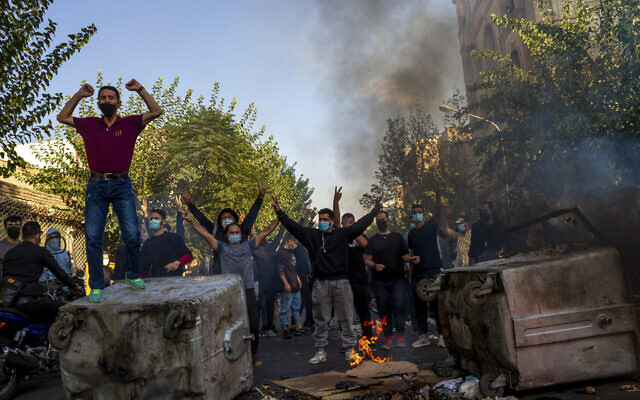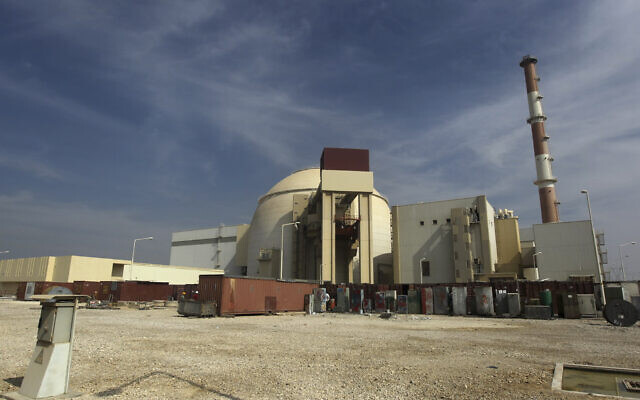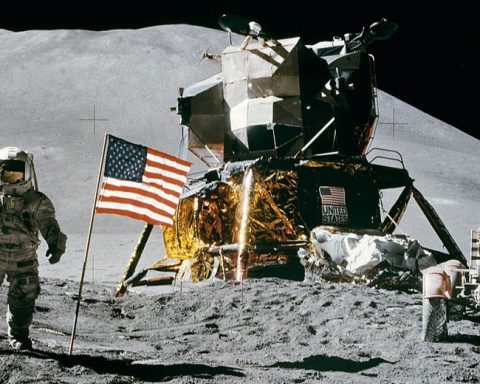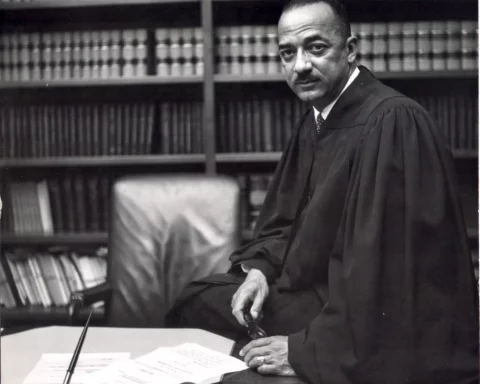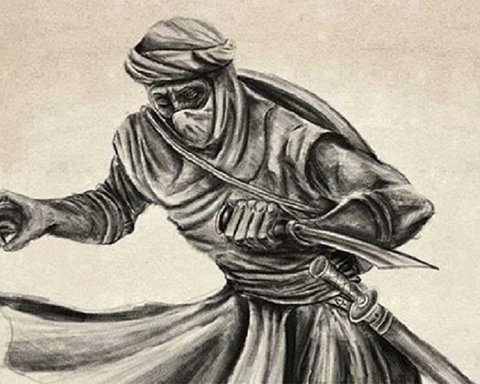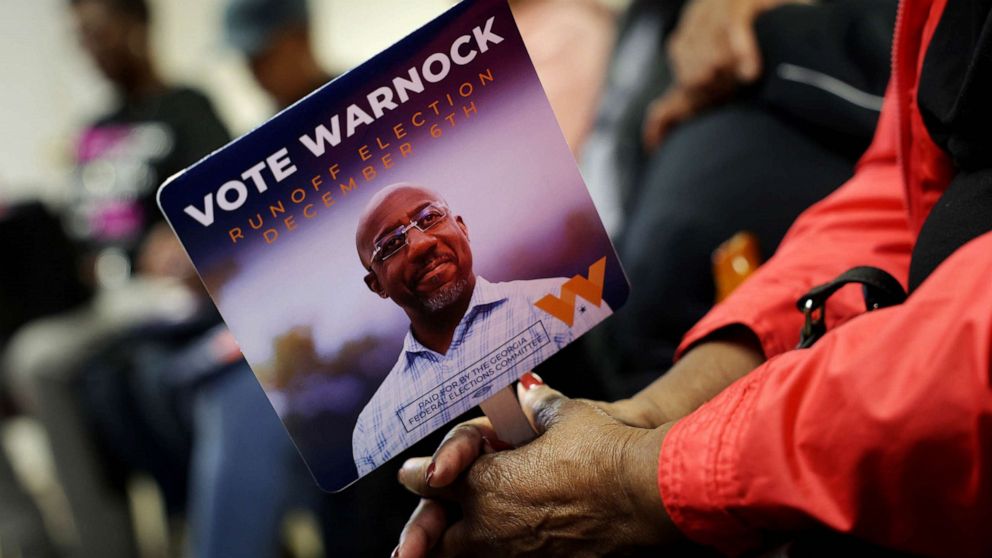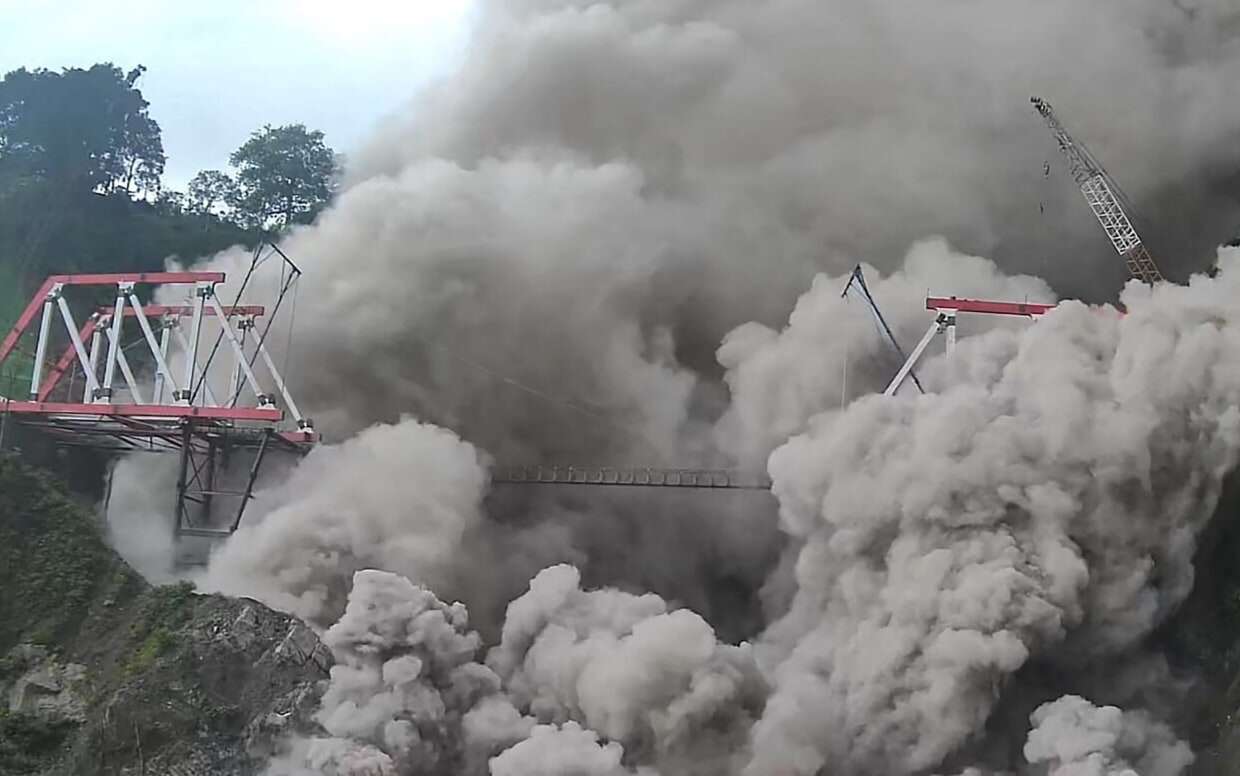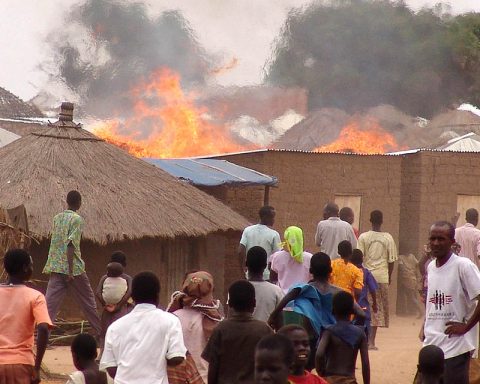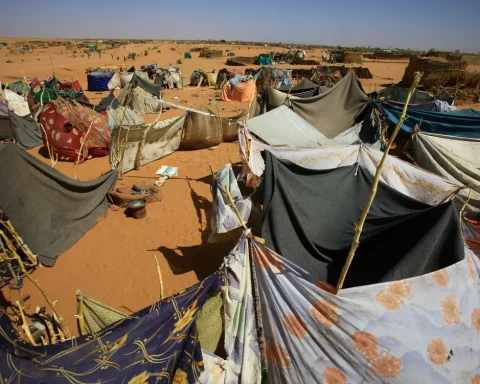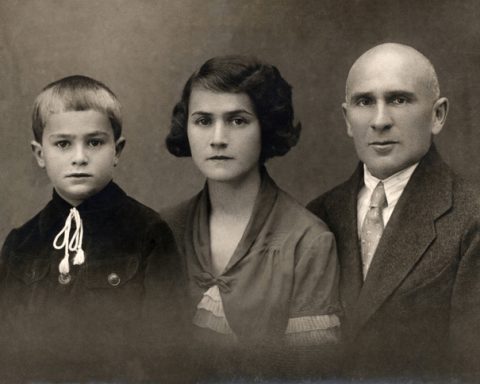Amid tensions with the United States over broad sanctions imposed after Washington pulled out of the Islamic Republic’s nuclear agreement with world powers, Iran on Saturday started construction on a new nuclear power plant in the southwest of the country, according to an announcement by Iranian state TV.
The announcement also comes at a time when national anti-government demonstrations in Iran have shaken the theocratic administration. The demonstrations started after a young woman died while in the custody of the police.
The country’s main television and radio agency stated that the new 300-megawatt plant, known as Karoon, will be constructed for eight years and cost roughly $2 billion. According to the statement, the plant will be situated close to Iran’s western border with Iraq in the oil-rich Khuzestan province.
Mohammed Eslami, the president of Iran’s civilian nuclear organization, who first presented the development plans for Karoon in April, attended the opening ceremony for the construction site.
Iran has many underground nuclear facilities in addition to one nuclear power plant at Bushehr, its southern port, which was put online in 2011 with assistance from Russia.
Less than two weeks prior to the announcement of Karoon’s construction, Iran declared that its underground Fordo nuclear facility had started generating enriched uranium with a 60% purity. The action is considered to be a significant advancement for the nation’s nuclear program.
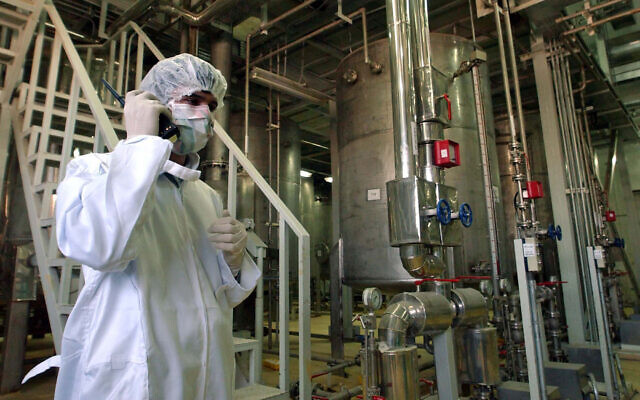
One little, technological step separates enrichment to 60% purity from weapons-grade levels of 90%.
It has recently come to the attention of non-proliferation specialists that Iran currently possesses enough 60% enriched uranium to power at least one nuclear bomb.
The three Western European countries that are still parties to the Iran nuclear agreement, Germany, France, and Britain, all denounced the action. Recent attempts to resurrect the 2015 nuclear agreement between Iran and world powers, which reduced sanctions in return for limits on Iran’s nuclear program, have failed.
Although it has recently begun enriching uranium to levels that international authorities allege have no civil use, Iran has denied having any evil intents and insists that its program is created for peaceful purposes.
Iran has been rocked by widespread protests since September, which has come to represent one of the most significant challenges to theocracy since the tumultuous years following the 1979 Islamic Revolution.
When Mahsa Amini, 22, passed away in detention on September 16—three days after being detained by Iran’s morality police for breaking the country’s severe dress code for women—the demonstrations were launched.
Iran’s government maintains that Amini was not abused, but according to her family, after she was arrested, her body exhibited bruises and other symptoms of being beaten.
